|
For God so loved the world, that he gave his only begotten Son, that whosoever believeth in him should not perish, but have everlasting life. ... For God so loved the world that he gave his one and only Son, that whoever believes in him shall not perish but have eternal life. ~ John 3:16 Yesterday afternoon I spent time with a woman who has encountered death twice. One time she woke up in a hospital room, intubated, and breathing with the support of a machine. The other, she choked and lost consciousness. Her daughter and son-in-law worked to revive her. Both times she doesn't remember anything about the event. Both times she awoke, surrounded by people who loved her.
As she continues to make her way now as one of my hospice patients, she has been spending a lot of time reading about near-death experiences, and what people experienced. We both laughed as we wished that Lazarus had written a gospel, "Life beyond the grave," after Jesus wept over him and raised him from the tomb. What we did realize in our conversation is that both times when she awoke from her experience she was surrounded by those who loved her, and asking, "Why wouldn't her life beyond death be surrounded by love as well?" In John 3:16 we are reminded of just how much God loves each of us in God's sending of Jesus. This demonstration is the very nature of God. Claiming the love of God is the first step in loving ourselves, but also, the initial understanding of that love. For this woman, it is not the fear of dying that causes her to spend hours reading of encounters with death, it is the "wanting to know," what heaven will actually be like. Our existence in this world is actually quite short when you begin to think about eternity. Realizing that we are God's beloved allows us to grow in that love. The love of God carries us from this life into eternity. The greatest gift of all is love. Recognizing each day that we are invited into a journey of love makes our lives abundantly fruitful and full. Just as I know for this woman, and each of us, that there will be God's amazing love to greet us when we take our last breath, the love we experience will be enough to last into eternity. Stay in God's grip! G. Todd Williams (c) 2019
0 Comments
This, then, is how you should pray: “‘Our Father in heaven, hallowed be your name, your kingdom come, your will be done, on earth as it is in heaven. Give us today our daily bread. And forgive us our debts, as we also have forgiven our debtors. And lead us not into temptation, but deliver us from evil.'" ~ Matthew 6:9 - 13 It's hard to think that we would do something that we regret, then ask for forgiveness, and then find that we are back doing the same thing again, but we do. In the prayer Jesus taught those around him are the words "lead us not into temptation, but deliver us from evil." They are the reminder that we simply need help. I have never lost my way on a trip, nor had to stop and ask someone for directions (yeah, this is complete fiction at this point), but if I had (which I have), then I begin to own something about myself.
Owning our journey, or the things that we have done, simply means that we are finding ways to own ourselves. When we own ourselves we are letting others know that we recognize when we need forgiveness, but also, when we are speaking our truth to one another. Years ago I remember meeting with a family after the death of a family member. As the man's ex-wife and children began to share, suddenly there was this outpouring of all the terrible things this man had done to them during his life time. It was painful to hear of his abuse, and I suddenly realized that this man's death was liberating them from their "secrets." I knew that they were owning their pain, and breaking the silence that they had kept for decades. I quickly realized that the funeral was not going to be a place where glowing remarks were made of a man, but instead, would be focused on the importance of seasons ending, and the need for new ones beginning, filled with love, sacred places where their lives could be lived in truth, and their ability to own their own story without fear. Owning ourselves means that we love ourselves enough to know who we are, and that when we struggle, we know that the love of God will never lead us to a place where we fail to belong. When we are able to listen to others share of themselves, without fear of shame or guilt, then we learn more about ourselves as well. "Lead us not into temptation, but deliver us from evil," was not just for those living two millennium ago. It is the reminder for us today to own ourselves and our journey. That we are to focus on who we are, while knowing that there will always be those things that may, and will, get in the way of being who God wants us to be. When we fail, we don't waste our days filled with "if I had only done," or "I should have," statements. Own yourself and your journey, will always be sacred work. Stay in God's grip! G. Todd Williams (c) 2019 Let us hold unswervingly to the hope we profess, for he who promised is faithful. And let us consider how we may spur one another on toward love and good deeds, not giving up meeting together, as some are in the habit of doing, but encouraging one another—and all the more as you see the Day approaching. ~ Hebrews 10:23 - 25 "Love and good deeds." Sounds like the tag line for a commercial, but they are words directly from the writer of Hebrews. The writer continues to remind us that some people simply give up, as "some are in the habit of doing," but then comes the words, "but encouraging one another."
I don't know about you, but I need to hear these words daily. Just the other day one of my "good Christian friends," shared something that totally did not reflect these words. While the person felt that somehow they would call Christians to action in a clear "line in the sand" social media post, instead it prompted a series of responses that would have even made Jesus sit back and wonder what to say or do next. I am reminded that following Jesus is meant to be easy. Jesus reminds us that he did not come to "abolish the Law or the Prophets, but to fulfill it." (Matthew 5:17) In doing so, he then declared a new commandment that we simply, "Love one another, as I have loved you, that you also love one another." Instead of love and good deeds, lately we seem to encounter judgement and condemnation from one another. We must become safe places for people to meet in vulnerability. Only then can we practice love and good deeds, which are deeply rooted in the love that God has for us, and the writer of Hebrews invites us to experience with one another. To live a life without hidden agendas or unspoken intentions, where we do not benefit personally, where our desire is to love and to do good deeds, only then can we then begin to live as Jesus invites, while encouraging one another. For some, this will need to become an intentional practice. To no longer judge and identify others as "enemies," or for that matter, "sinners," but instead to bring us to a place where we can reconcile ourselves to practice love and good deeds, only then do we begin to understand Jesus' final commandment. Love and good deeds must become our nature. It is the only way that we may become the living instruments of Christ in the world today. Stay in God's grip! G. Todd Williams (c) 2019 "You always have the poor with you, but you do not always have me." ~ John 12:8 One thing that becomes apparent about this time during Lent, is that I realize that Jesus understands that his life is drawing to an end as he and the Disciples know it. At the home of Lazarus, who has already known one of the greatest miracles of Jesus' ministry, Mary approaches him and begins to bathe his feet with perfume.
Judas asks why the perfume has not been sold with the proceeds going to the poor? "You will always have the poor with you, but you do not always have me," Jesus shares. I have been in the room when people have received bad news. This must have been one of those moments that pulled the air out of the room. I have to wonder what the faces of those present looked like? Did Peter turn to John and look perplexed? Did Judas roll his eyes and think, "Here he goes with another story?" Did Mary fully understand that this was to be one of the last times that she could offer him hospitality in this way? I remember being present as a baby was in full code at the hospital. The baby, a little girl, was surrounded by her parents. They were children themselves. The father was just 16 years old, and her mother only fifteen. I watched with them as the team worked on the child. The doctor, who I had known for some time, looked up at me. Our eyes locked and I saw from her expression that their attempts were only in vain. The child was going to die no matter what attempts that they made. I turned to the baby's father, and I said, "It's important that you be this girl's father now. They are looking to you to make a decision." I remember him turning to me, with tears running down his face, and his words, "I thought I would have more time with her." "Fathers always want to have more time with their daughters," I said, "but at some point, all fathers must give their daughters away." He found the words to ask the team to stop. The room became quiet as machines were turned off, and condolences were offered by those present. The couple looked at the lifeless body, knowing that their lives would be forever changed by the presence, no matter how long, of this one person. Jesus was going away, and there are those present who are beginning to tell their hearts, "I thought that we would have him with us longer." The world around them was changing daily. Finding times like the one that they were experiencing at Lazarus' home were becoming nearly impossible, and they were growing weary. Jesus himself, prayed, "Let this cup pass from me." The unconditional presence of God is something that is with us each day. Even on days where the news that we encounter leaves us without words, and with expressions on our faces that cannot hide our fears. But even on our worst days, when we seem to be living out "the last moments," we are not alone. While the presence of Jesus for the Disciples was about to end, a greater presence of Jesus for us today was about to begin. His words were true. Even to this day the poor remain with us, but so does the resurrected presence of Jesus. It is in this belief that the final weeks of Lent can move us to make changes that will last beyond Easter, our own death, and into eternity. Stay in God's grip! G. Todd Williams (c) 2019 I have told you these things, so that in me you may have peace. In this world you will have trouble. But take heart! I have overcome the world. ~ John 16:33 I still struggle to understand when a child dies. Years ago when our daughter was still young and not in school, the woman who cared for her gave birth to the most beautiful child. "Nick," was perfect. I remember how happy his parents were to welcome him, and how so much of their life was focused on this newborn. One evening his parents laid down with him as he napped and they all fell asleep. When they woke up, they realized that he had died.
They struggled with life-saving measures, but it was too late. I remember going to their home to visit them the next day after we had learned of his death. The house was dark, curtains drawn, and the song, "Everybody Hurts," by R. E. M. was on constant replay. The presence of grief made the darkness even darker. I remember his father asking me, "Why?" "I don't know," I responded. Since then, I have been at a number of bedsides where life seemed to be "cut short." But, as short as their lives may have been, they belong to the amazing communion of saints. To this day, Nick still exists because he is part of every child's death that I encounter. After Jesus was born, King Herod orders the murder of hundreds of children, in hopes to kill the Messiah he was worried about. So many children, and for what? Whether we realize it or not, a life, no matter how long or short, can still bear witness to what God is doing in the world. While God does not plan for untimely deaths of innocent child, God is present to help with our pain when we have encountered loss, and for those who look to the heavens and ask, "Why?" Stay in God's grip! G. Todd Williams (c) 2019 “As they talked and discussed these things with each other, Jesus himself came up and walked along with them; but they were kept from recognizing him.” ~ Luke 24:15 -16 As I walked into the room, I could smell the overpowering presence of lilies in the corner. Their fragrance, fresh, and color, brilliant. "I went ahead and had my daughter pick them up because I know I won't be here for Easter this year," the woman told me.
"Do you suppose it's okay to celebrate Easter before the end of Lent?" The woman and I have been meeting each other weekly for the past two months. As I visit, I recognize the change in her skin color. The times she struggles to find the words to share how she is feeling. The difficulty she has in swallowing even ice chips. For her, the precious semicolon that appears at the end of life, is quickly approaching. "Of course not," I shared, knowing that her understanding of Easter involves resurrection. "The Easter lilies are helping me to realize that death is not final." For her, lilies serve as the illustration of hope. While there is still fear, and the physical reminders that she will soon die, there is still this image of resurrection before her. While she understands she will soon no longer be present as we know her to be now, she also is speaking of life in a way that writers attempt to capture, when they write, "Life;". Semicolons are an interesting piece of the English language. My high school English teachers who often read and comment on my blog will be thankful that I listened on the day that they discussed this punctuation mark. As a chaplain, my days are filled with the proverbial semicolon as life greets both death and resurrection. "Life;" is our encounter with the Holy One. It is where our faith, meets hope, and promises are not just an idea, but a reality. The lilies in the corner of her room, with it's fragrance, reminds us of God's presence, even when unseen. For her, the lilies represent the good news, that although she will die, there is the belief that life will continue to exist beyond the grave. For her, she is not only affirming her faith, but inviting others to look beyond the last breath. As I was leaving, allowing my lungs to embrace one last breath of the intoxicating fragrance, she smiled and said, "They got you thinking about resurrection as well, didn't they?" I smiled, realizing that what she said was true. God is no longer distant. Death is a moment. Resurrection is for eternity. It simply begins, "Life;" Stay in God's grip! G. Todd Williams (c) 2019 As they approached the village to which they were going, Jesus continued on as if he were going farther. But they urged him strongly, “Stay with us, for it is nearly evening; the day is almost over.” So he went in to stay with them. When he was at the table with them, he took bread, gave thanks, broke it and began to give it to them. Then their eyes were opened and they recognized him, and he disappeared from their sight. They asked each other, “Were not our hearts burning within us while he talked with us on the road and opened the Scriptures to us?” ~ Luke 24:28 - 32 I meet a lot of people who talk about feeling, "stuck." Years ago my grandmother told me never to admit that you are "bored," as people will begin to think that you are a "boring person." I think I may have taken this to heart, because I don't ever seem to slow down. Becoming stuck, or stagnate, in our faith is something that we encounter.
While we love the mountain top experience, even the climb can seem challenging, but it is still moving towards "something." The valley and it's proverbial walls can cause us to feel surrounded and unable to move. In fact, there are simply some things that we encounter that can absolutely paralyze our ability to move forward. There is one patient that I visit that asks me every time, "How much longer is this going to go on?" Becoming stagnate often arrives without warning. Faith encounters along the way help move us along, but when the sign ahead tells us to "STOP," or even "DEAD END," then we are often left with wondering where to turn. The two walking along the road to Emmaus didn't recognize Jesus until later in the day after they had journeyed miles with him, and then stopped to break bread. Only then did they begin to realize that their "hearts were burning," as he spoke to them along the way. Sometimes the rut, or stagnation, comes because we fail to see Jesus right beside us. I remind people that we must encounter speed bumps along the way in order for God to catch up to us. Learning that stagnation is often about waiting, it is our challenge not to leap towards the first thing that promises something better. While we find that becoming stagnate in our faith can certainly leave us feeling alone, or even lost, the hope that we have for the end of the journey helps when we become stagnate today. The time we spend, waiting, stagnate, and even feeling like we are in a rut, is still about preparing, hoping, and love. Stay in God's grip! G. Todd Williams (c) 2019 “And God is able to make all grace abound to you, so that in all things at all times, having all that you need, you will abound in every good work.” ~ 2 Corinthians 8:8 The day began with my traditional "Hump Day," ninety minute commute to my office. I sipped my coffee as I traveled along the Gulf Freeway Express Lane that I managed to time "just right," to enter. If I had been just a minute earlier, it would have been closed to my single-driver status, then I would have found myself hitting the beltway, and adding more miles and time to my drive.
Timing. So much of my day is about listening to people share about the time that they, "have left." I think that we all become more aware of time as we grow older, even though it seems to simply pass by so quickly. I know that as a youth the days consisted of the same number of hours as there are today, but the days just seem to have lasted longer. Maybe it was the days spent following the creek bed, exploring what was under the next large rock? Perhaps it was because the day started early with feeding of the animals on the farm, often followed by time spent walking back beyond our barn into the woods? Or the hours that I would simply spend with friends until the sound of the old bell outside our back door would sound, letting us know it was time to head home. The days just seem to be so short now. I'm making the commute home, often along the same route that I took just that morning to head into the city. I have to be careful not to allow my thoughts to override my view of the road ahead. I guess at any time I might find myself asking, "Where am I going?" Our journeys are part of God's sending us into the world. I love the Thomas Merton prayer that begins, "My Lord God, I have no idea where I am going. I do not see the road ahead of me. I cannot know for certain where it will end, nor do I really know myself, and the fact that I think I am following your will does not mean that I am actually doing so. But I believe that the desire to please you does in fact please you." While we may not know what each day may bring, we can however, support one another along the way. Each of us have been sent with the same purpose. To love God while loving one another. Reaching the end of the day, or at the end of our life's journey, at a place where this love exists, makes each day worthwhile. While you journey today, know the love of God while remaining in God's grip! G. Todd Williams (c) 2019 When Jesus came to the region of Caesarea Philippi, he asked his disciples, “Who do people say the Son of Man is?” They replied, “Some say John the Baptist; others say Elijah; and still others, Jeremiah or one of the prophets.” “But what about you?” he asked. “Who do you say I am?” Simon Peter answered, “You are the Messiah, the Son of the living God." Jesus replied, “Blessed are you, Simon son of Jonah, for this was not revealed to you by flesh and blood, but by my Father in heaven. And I tell you that you are Peter, and on this rock I will build my church, and the gates of Hades will not overcome it. I will give you the keys of the kingdom of heaven; whatever you bind on earth will be bound in heaven, and whatever you loose on earth will be loosed in heaven.” Then he ordered his disciples not to tell anyone that he was the Messiah. ~ Matthew 16:13-20 Jesus has been walking with the Disciples for some time now. They have known hunger, hatred, joy, suspicion, welcome and rejection, just to name a few things. They have witnessed many things. They have watched a man step out onto water, witnessed a group of friends lower a man on a mat through the roof, only to watch him take up that mat and walk away, as well as, spoke to a man who was once dead. At the end of one of those amazing days, Jesus looks at the group who has walked with him, and camped and slept next to him by the fire, and asks, "Who do you say I am?"
"Some say you are..." Jesus listens to what "others think," but then he redirects them again, "Who do you say I AM?" The two words that God uttered to Moses on the mountaintop as a proclaimed name, now refrained into a question among a misfit group of men. Years ago I read the book, "Meeting Jesus Again for the First Time," written by Marcus Borg. The book invites us to explore different periods of our life and discover who Jesus was to us at that age. As young people, we all have a similar image. Jesus, the Good Shepherd with sheep, or a man with long hair welcoming children. The image begins to change as we experience more things in the world. For some as an adolescent, they begin to see Jesus as an "enforcer," creating rules with consequences, as we learn that there are results to our decisions. As adults, many find it hard to embrace an "image" of who Jesus is because as adults, we view the world so different from one person to the next person, and so, Jesus becomes the image of who we need him to be. In the moment that Jesus is turning to the Disciples, he is just simply wanting to know who they believe him to be, and they begin to fail miserably until Peter musters out the right response, "You are the Messiah. The son of the living God." Oh, to have the right answer! Today the question that Jesus asked all those years ago remains relevant. The number of people in the world has grown, and so has the number of responses describing who Jesus is today. As a youth, we would often laugh that there were only three correct responses in church, "Yes," "No," and, "Jesus." Our ability to say who Jesus is to us also helps to describe our relationship as well. During Lent, it is important for us to ask this question of ourselves. Who do you say that Jesus is? And in what way does Jesus manifest himself as the living Christ in you? Fortunately, there is no right or wrong answer. The presence, relationship, and understanding remains both personal, and continues to change as we do. As I shared this past Sunday with a group, God may remain the same "yesterday, today and tomorrow," but our need for God continues to change with each season of our life. We need to redefine the question as Jesus did with the Disciples. It is not simply asking who Jesus is, but rather, "Who is Jesus to you today?" Stay in God's grip! G. Todd Williams (c) 2019 “Let us hold unswervingly to the hope we profess, for he who promised is faithful. And let us consider how we may spur one another on toward love and good deeds.” ~ Hebrews 10:23 - 24 To consider that God has always loved us is sometimes hard to understand. While growing in our mother's womb, we are reminded that God already "knew us." The reality that God will continue to love us even after our death, is a promise. I can now see that the years that we live are our opportunities to say, "I love you," to God.
Yesterday while reflecting on the prodigal son during my sermon at Westminster Presbyterian Church in Galveston, I found myself remembering a very challenging time in my life as a youth, and how hard it is for me to think about the father in the prodigal story, because frankly, I didn't exactly have "Michael Brady" of the "Brady Bunch," as my fatherly role model. I would like to think that being the father of two children that are now adults, my view of my father has changed. The prodigal story is more than just an illustration of God waiting for us to "return home." I also believe that for the father in the story, it was also about him changing as well. Failure and setbacks, separation and space, are things that sometimes we need to have happen in our life in order to understand what has been lost, or what we need to do to change a situation. It wasn't until I was an adult, facing adult problems, that I could see some of the things that I encountered as a young person from another place. The same could be said about some of the adult problems I faced in my twenties, that I can now look back on thirty years later with some wisdom. Through it all, God is there. Sometimes being felt from a distance that we have created, other times, as close as our next heartbeat. The prodigal son and his father is more than the story of a father and his son struggling to grow into a man. It serves as a reminder that both the father and the son sometimes struggled to be in relationship, but through a series of circumstances and life-events, the ultimate return "home," was able to be realized. Just as God's love for us reminds us from all eternity. Stay in God's grip! G. Todd Williams (c) 2019 |
AuthorRev. G. Todd Williams is the author of the book, "Remember Me When..." and is a former hospice chaplain and pastor. Archives
February 2024
|
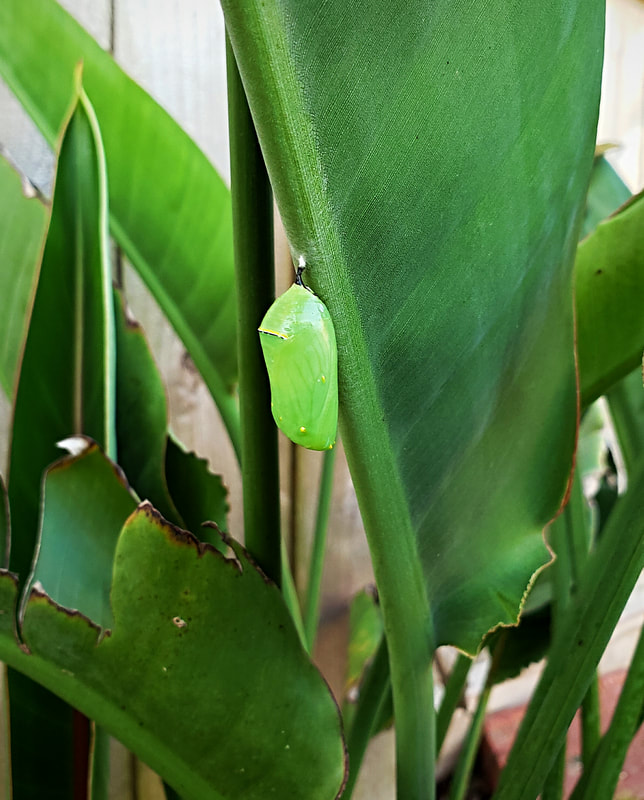
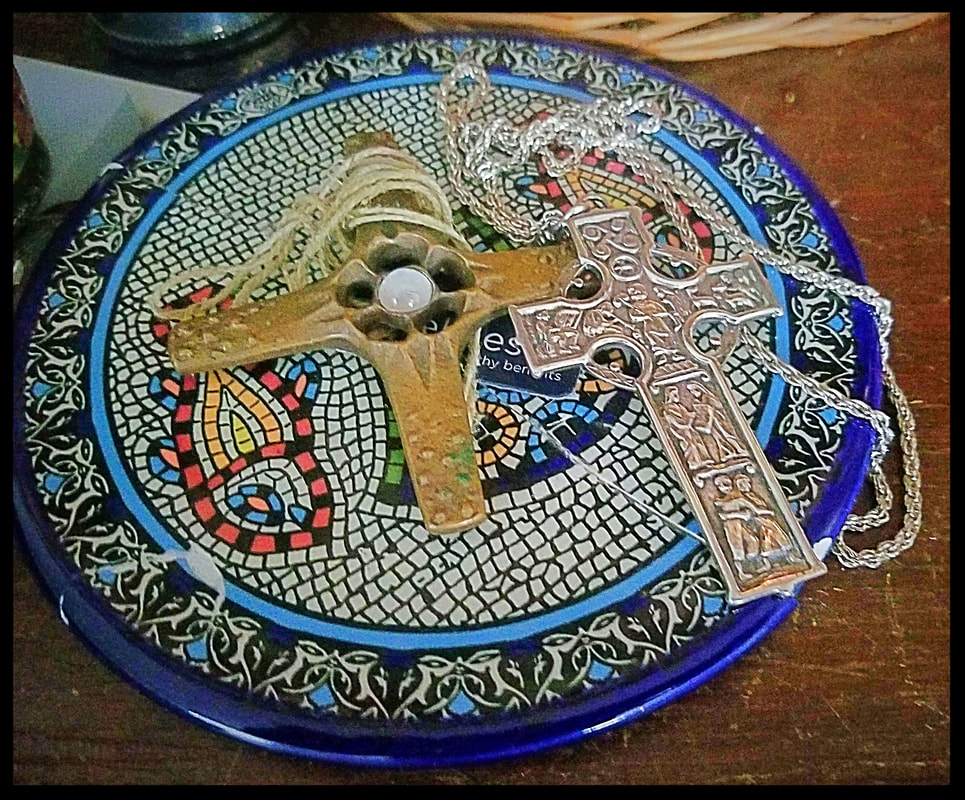
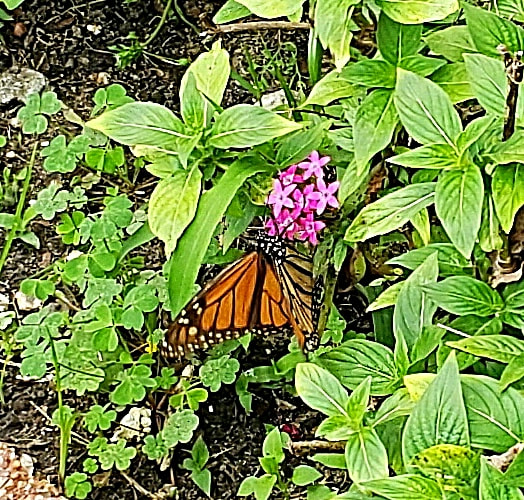

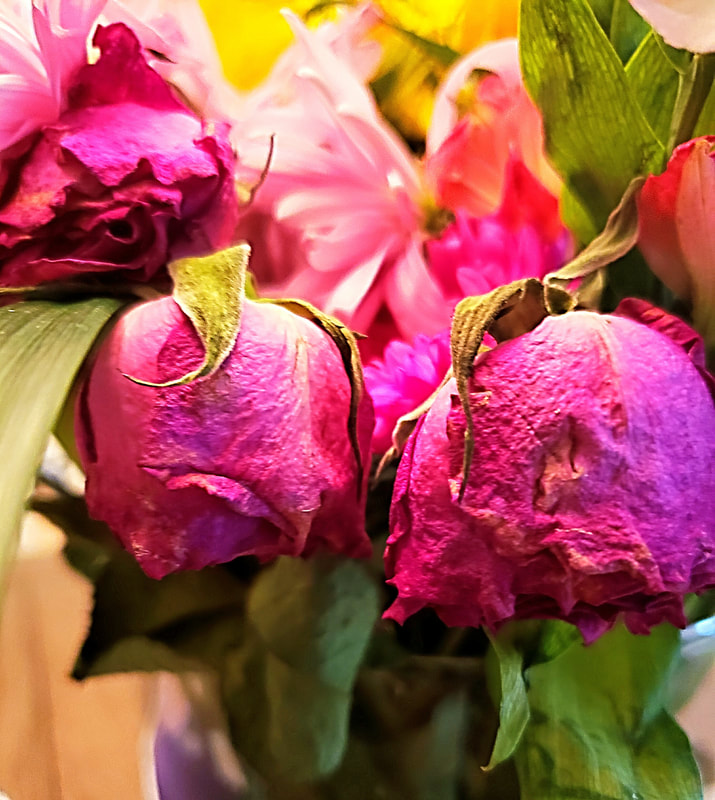
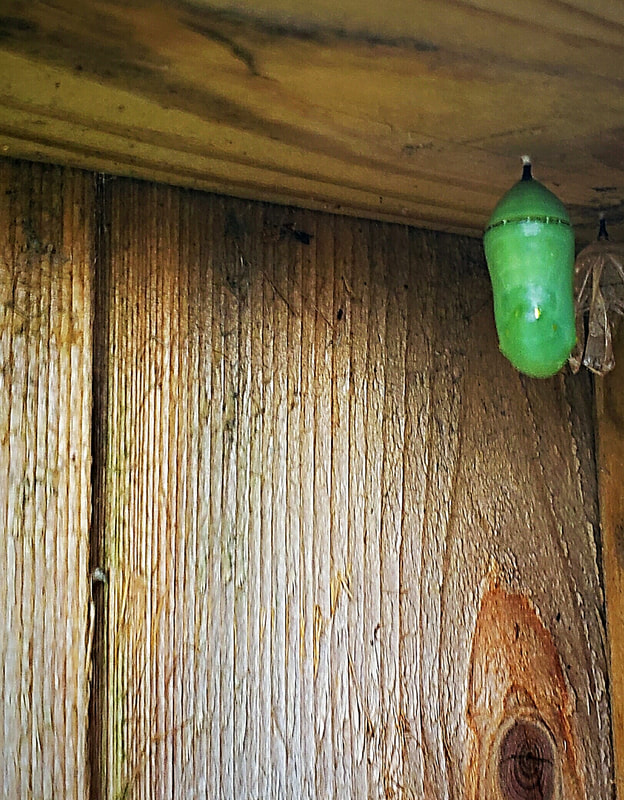

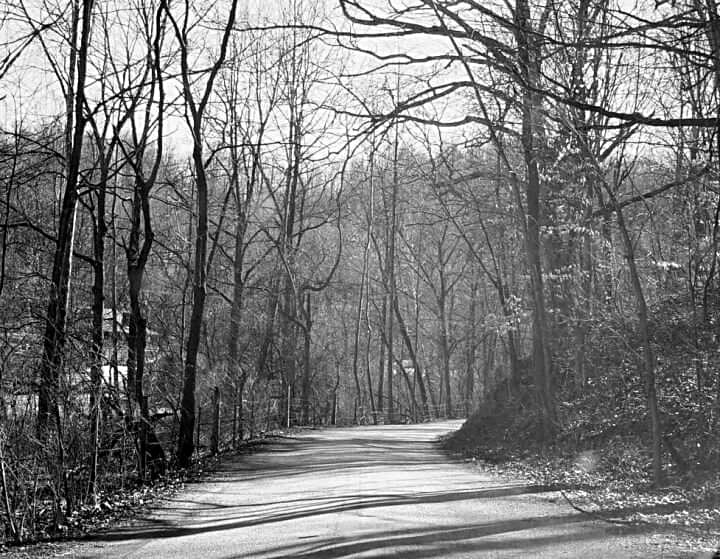
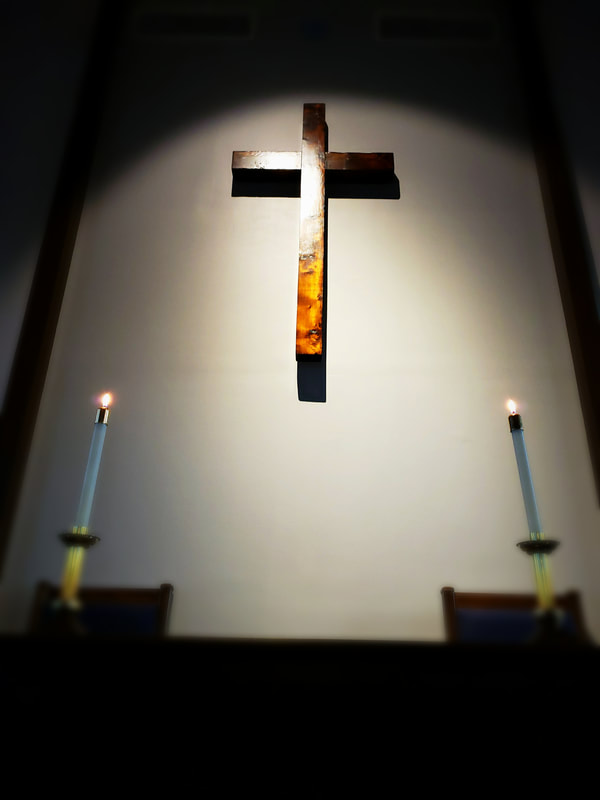

 RSS Feed
RSS Feed